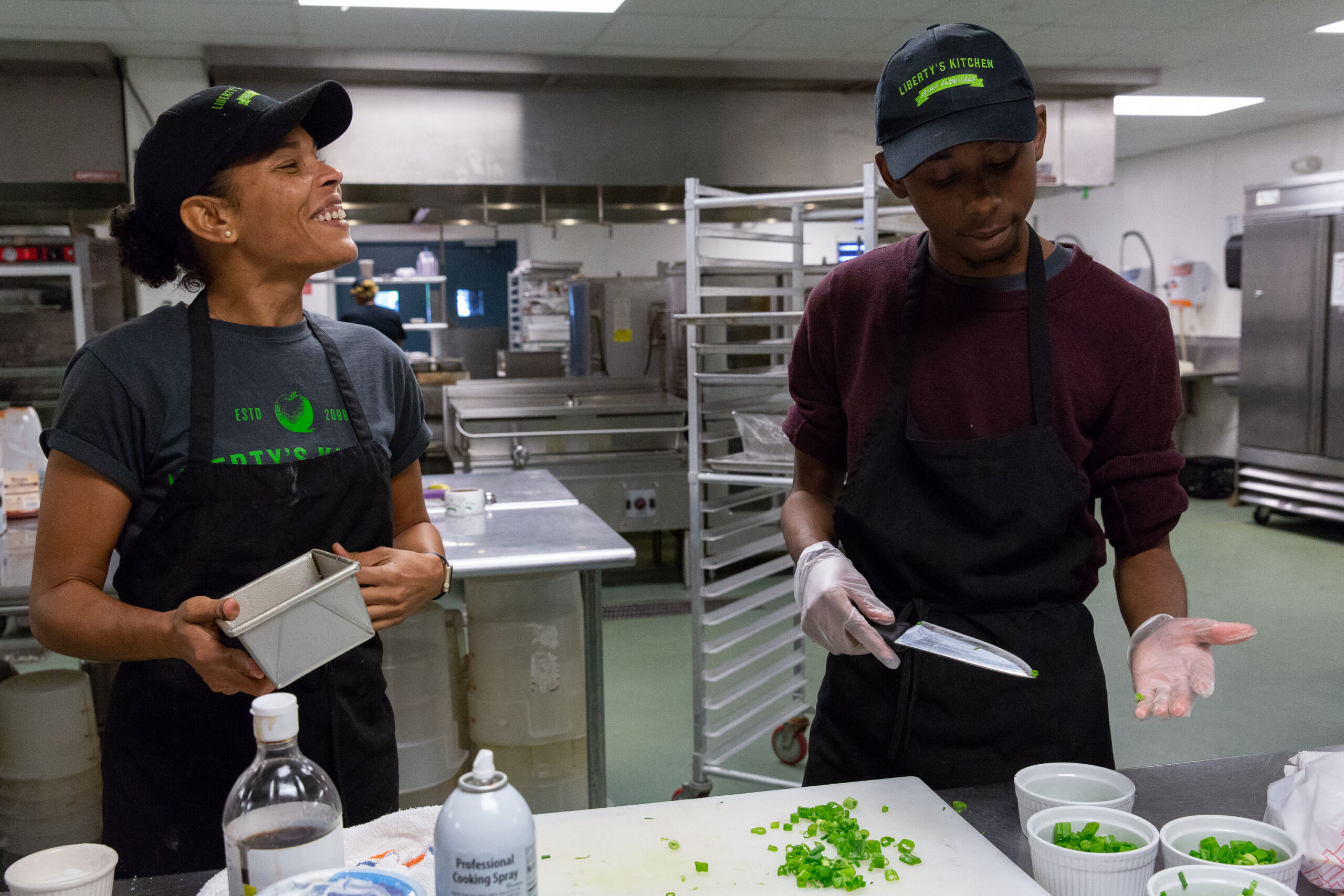EFOD Criteria
The EFOD Steering Committee defined key criteria to identify projects and organizations that embody “food oriented equitable development.” These criteria provide useful definitions to those beginning to explore this work are are a tool for learning and reflection.

CRITERIA 1
Equity & Justice First
We evaluate projects based on their capacity to dismantle historical inequities and their connection to local organizing.
We assess whether organizations collaborate with systemic actors to transform the economic and social landscape.

CRITERIA 2
Place & People Based
EFOD aligned projects support organizations that are not just in a community, but of the community. We evaluate the depth of an organization’s roots in its local area—how well it understands, represents, and engages with the particular needs and strengths of the people it serves.
We consider the longevity of the organization’s presence in the community, its respect for local culture, and its efforts to amplify community voices– ensuring that initiatives are not just for the community, but driven by it.

CRITERIA 3
Market-Based Strategies for Inclusive & Sustainable Economic Change
We prioritize projects that leverage market strategies to empower communities economically. These initiatives address the unique challenges community businesses face and disrupt systemic inequities rooted in capitalism.
By focusing on strategic approaches to economic development, EFOD aligned projects not only support, but elevate the economic standing of the communities they serve.

CRITERIA 4
Community Leadership & Engagement
We prioritize projects where community members are not just participants but leaders, ensuring decisions reflect the genuine needs and aspirations of those they impact, authentically embodying the community’s ambitions and values.

CRITERIA 5
Community Ownership
How we evaluate community ownership transcends typical engagement— we advocate and support initiatives that strive for real ownership of physical spaces and economic resources within communities. This commitment ensures that projects not only provide immediate benefit but also contribute to long-term community wealth and resilience.
We prioritize initiatives that distribute capital effectively within communities, develop sustainable business models, and cultivate a liberatory consciousness among members. These efforts are aimed at building a self-sufficient, empowered community that holds ownership over its resources and decisions, guarding against displacement and external exploitation.

SEE WHERE YOU STAND
TAKE THE EFOD Organizational Self-Assessment




